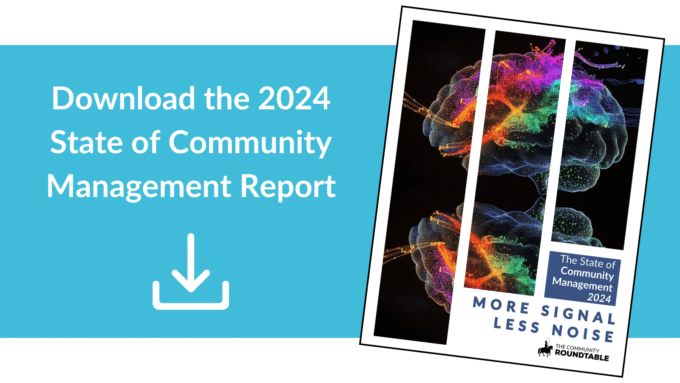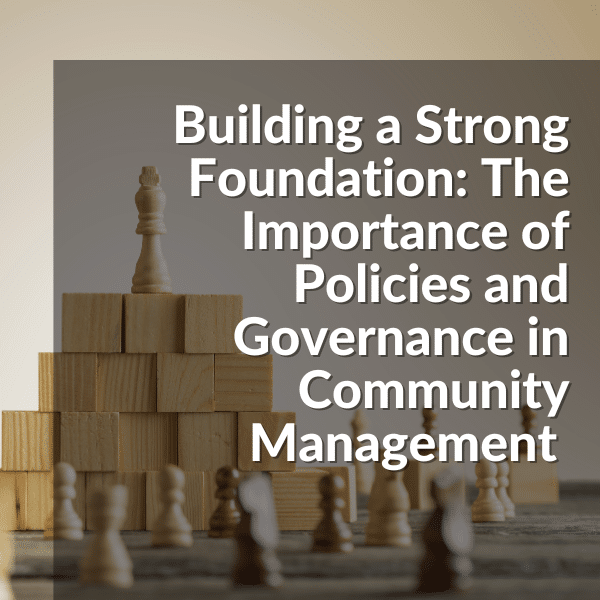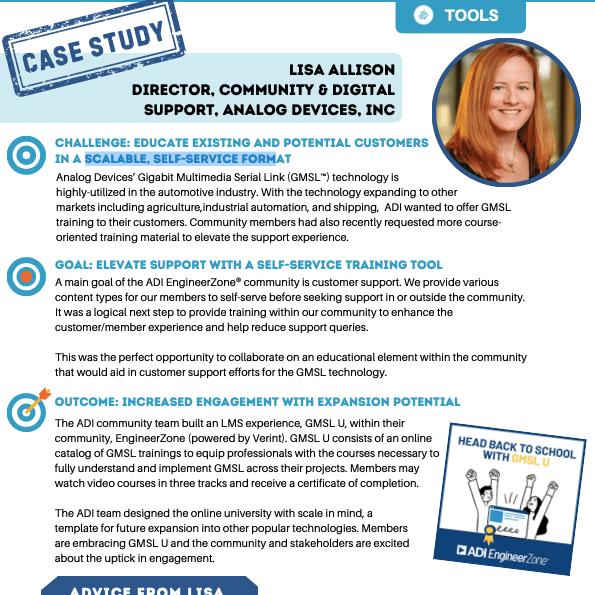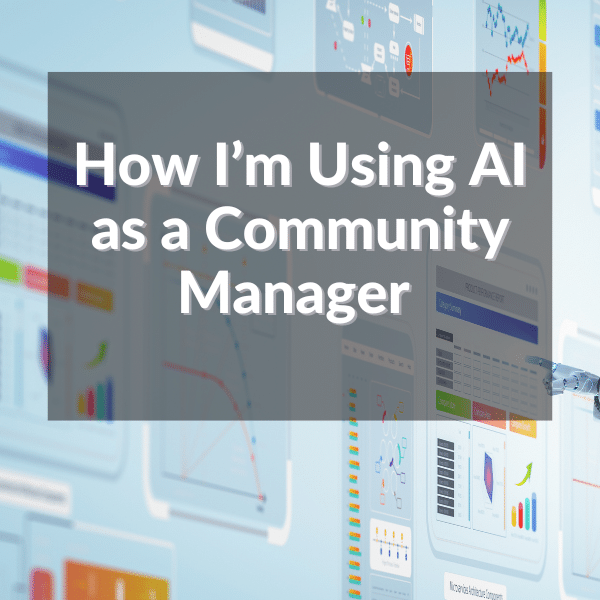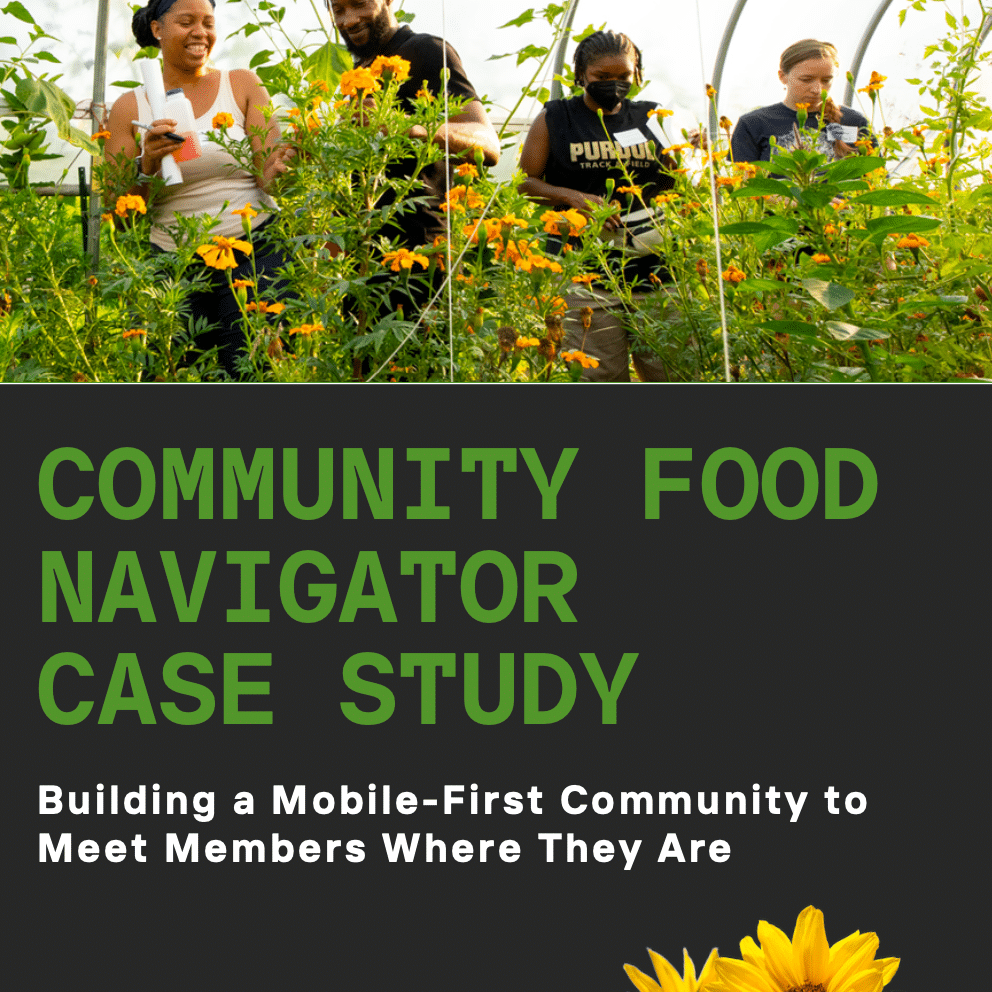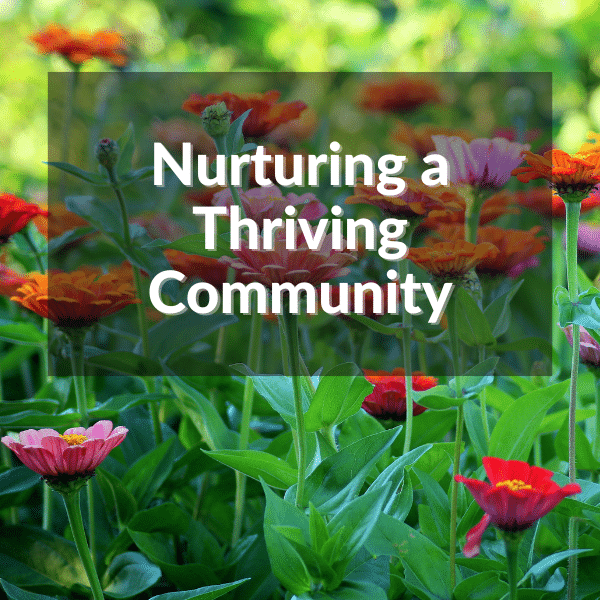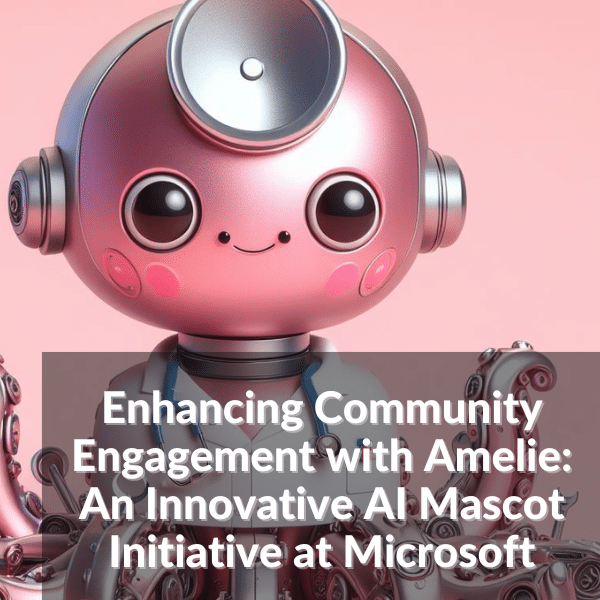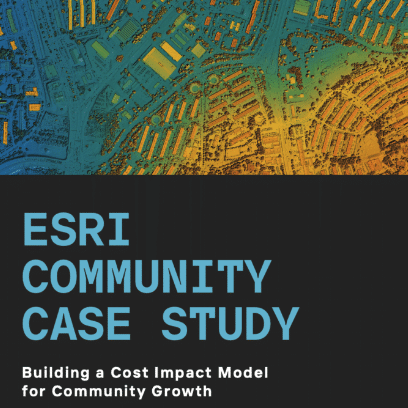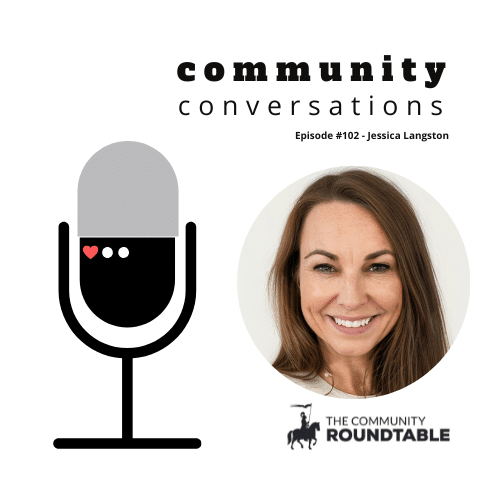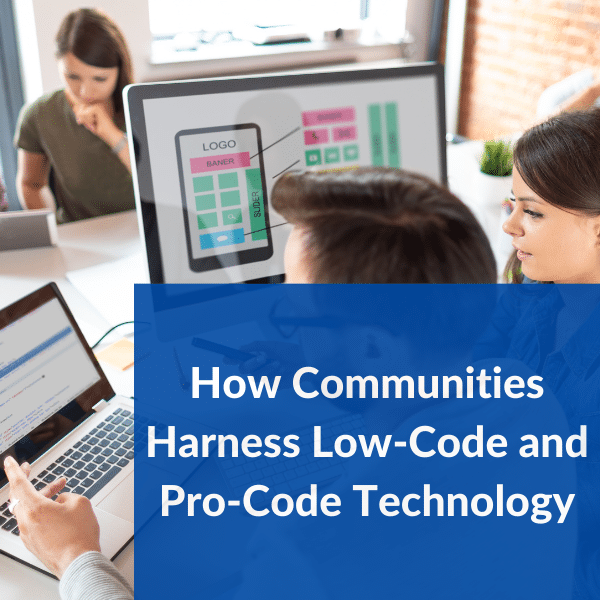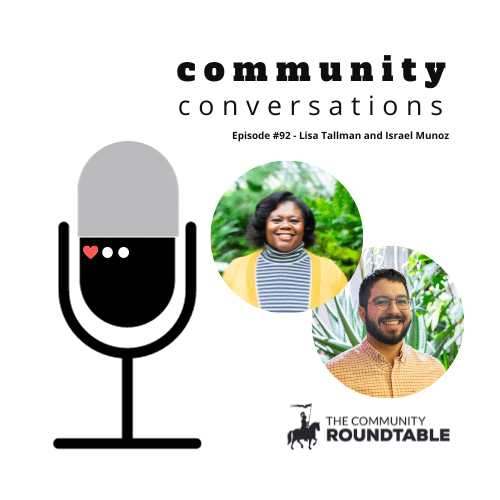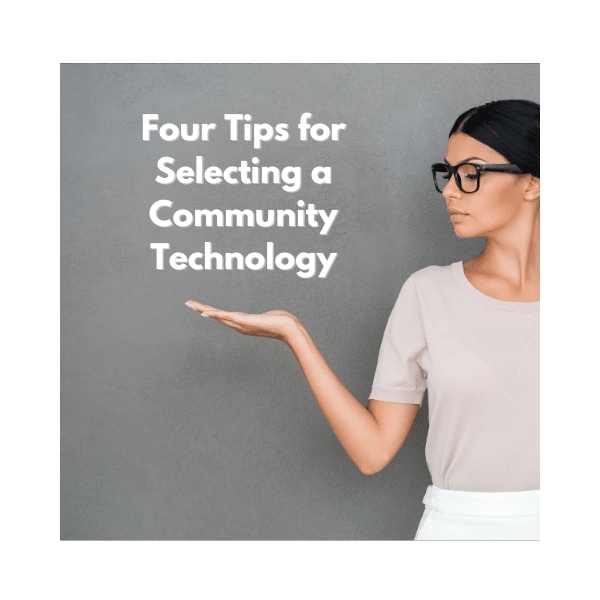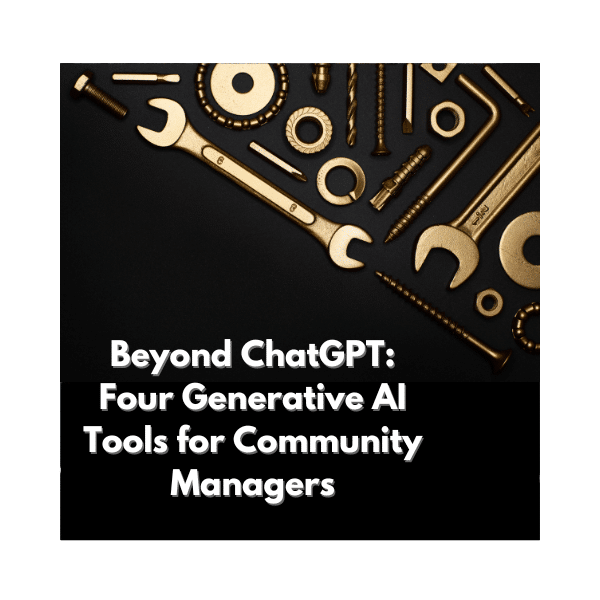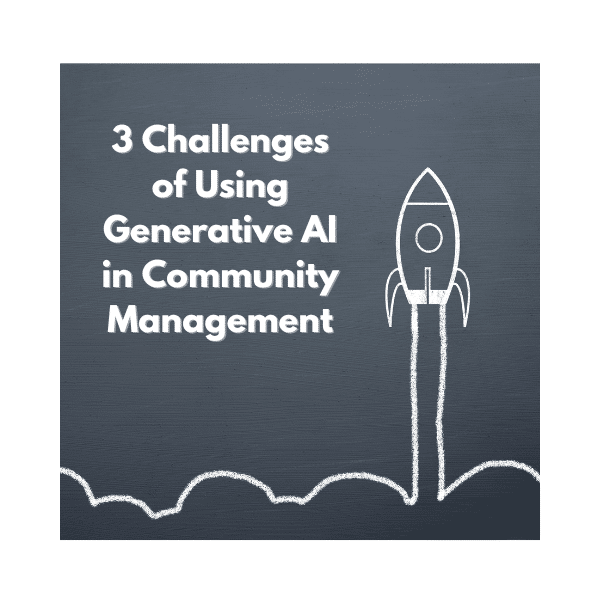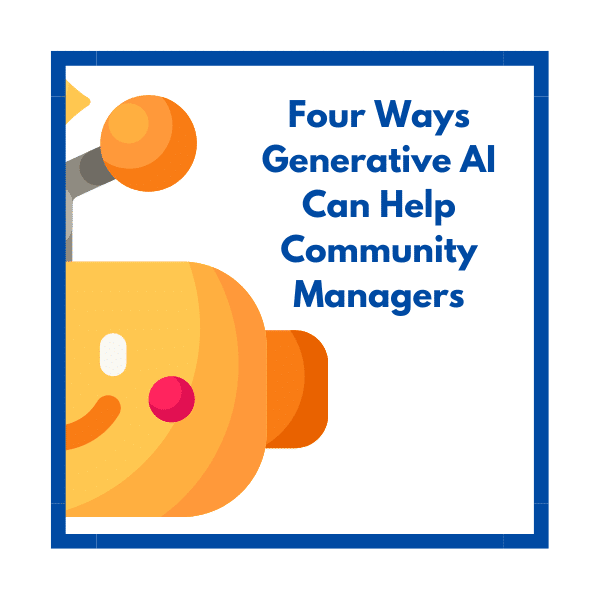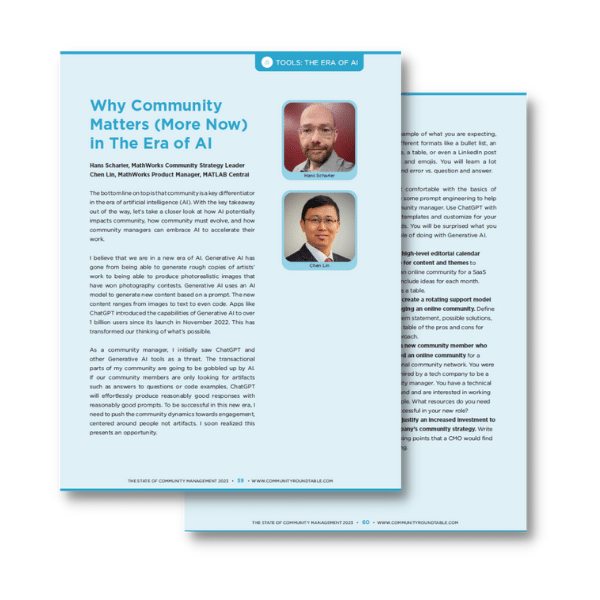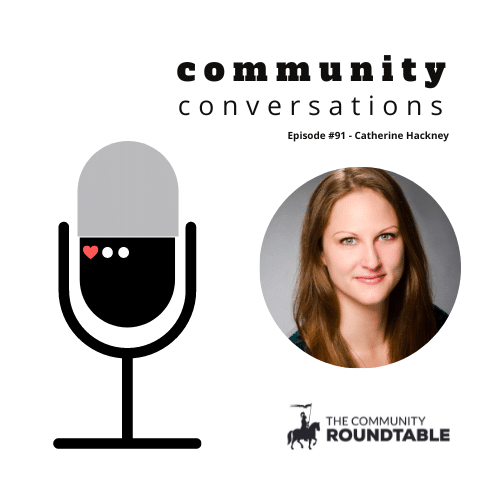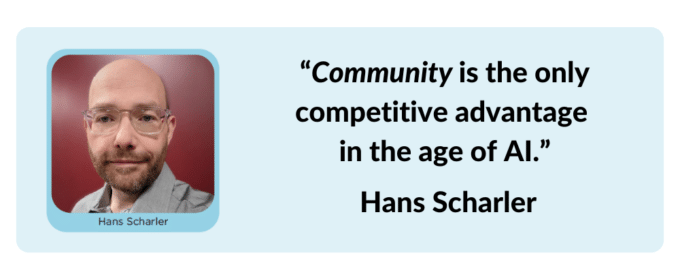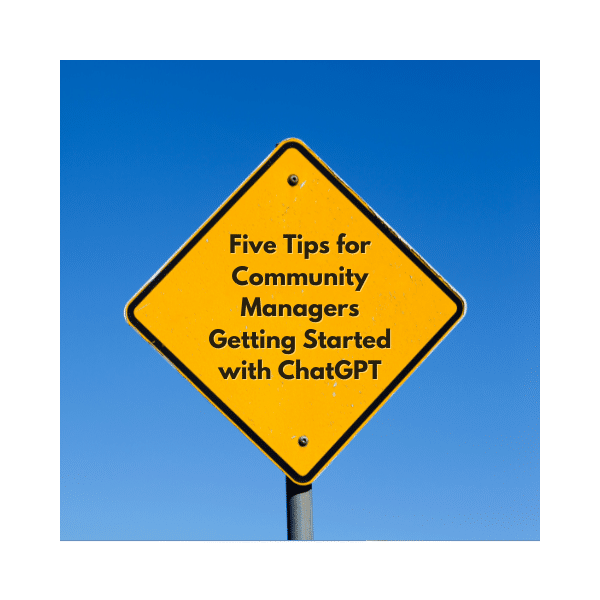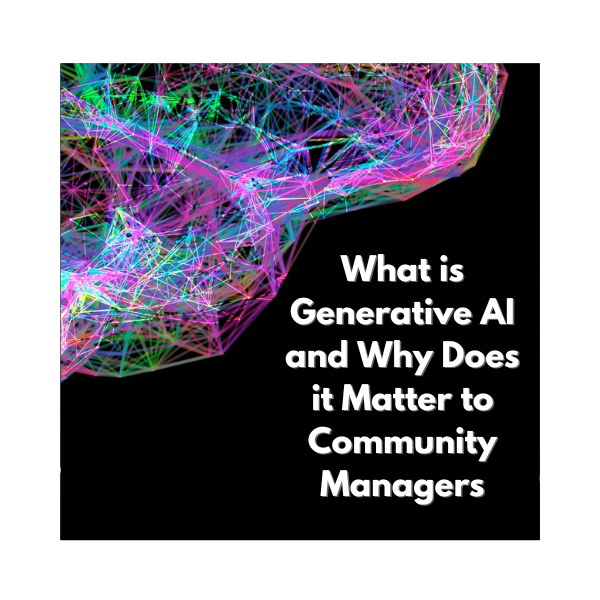As we move into 2025, it’s evident that community teams are increasingly recognizing the transformative potential of artificial intelligence (AI). While our previous reports didn’t delve into this significant landscape, this year’s findings highlight a growing trend: organizations are actively researching AI tools and cautiously implementing them in limited capacities. Notably, 14% of respondents have indicated they have no plans to utilize AI; however, we anticipate a shift in attitudes by 2025, as many teams begin to explore AI’s capabilities further.

Integration as a Priority
Last year, we encouraged organizations to prioritize the integration of their community platforms with other business systems, and the data shows a positive response. The percentage of respondents using a community platform without any integrations has fallen to an all-time low of 22%. Conversely, those with integrated systems are now approaching one-third of all respondents, illustrating a significant commitment to creating a cohesive digital ecosystem. Interestingly, distributed tools with no central hub continue their decline, down to just 8% of the overall sample. Among the best-in-class cohort, this figure is even lower at 3%. In contrast, fully integrated community platforms have remained stable around 20% for the past five years, yet the top-performing organizations have excelled, with 32% reporting their community platforms are intertwined with both engagement and business systems.
A Resurgence in Platform Migrations
One of the more intriguing developments is the renewed interest in platform migrations. Though the numbers haven’t yet returned to the pre-pandemic highs of 2020, the latest data shows a rebound after five years of decline. Currently, respondents planning to migrate their platforms in the upcoming year is increasing, moving away from the 5% lows seen recently. The best-in-class organizations mirror this trend, indicating a resurgence in migration discussions. The rise in platform migrations aligns with the lengthening tenure that organizations have with their primary platforms. Fewer respondents are using new providers (under one year), hitting a five-year low, while those with providers for five or more years reach a five-year high. This trend suggests a consolidation around trusted solutions, although it raises questions about underlying satisfaction.

As we continue to monitor these trends, the landscape of community management tools appears poised for notable changes. The integration of AI capabilities, the push towards comprehensive integrated systems, and the shifting attitudes around platform migration all suggest that the future of community platforms will be shaped by both innovation and user expectations.
Recommendations
Focus on Optimization.
Rather than seeking a new platform, prioritize optimizing your existing platform to meet your community’s specific needs. Conduct a thorough assessment of your community’s goals, user feedback, and platform capabilities to identify areas for improvement.
Prioritize Integrations.
Explore and implement integrations between your community platform and relevant business systems to enhance data sharing, streamline workflows, and maximize the value of community data.
Stay Informed About Emerging Trends.
Keep abreast of industry trends and advancements in community platform technology. Explore emerging solutions, such as community engagement platforms and AI-powered tools, to determine their potential value for your community.
Explore more community trends in the State of Community 2024 report.
